I spent 24 years working in an office and living a 9-to-5 routine. Quitting, selling everything I owned, and working from anywhere felt like an exciting but unrealistic dream. I would sit at my desk, stare out the window, and wish I were anywhere but here.
Can you relate to this?
I dreamed of working from a sunny balcony in Spain or a cozy cafe in Prague. Finally, at 40, I decided it was time to act. This was over 10 years ago, and now, in my 50s, I can honestly say it was the best decision I have ever made. I love my life!
More and more people over 50 are choosing to rewrite the second half of their lives, not by retiring but by discovering more freedom.
Being a digital nomad doesn’t mean you have to backpack around the world. There are many options; you could slow travel around a continent or apply for a long-term visa to live in a specific country.
You’re likely asking how you will actually get there when you start from your 9-to-5 office job?
Let me talk you through it. Really talk about it.
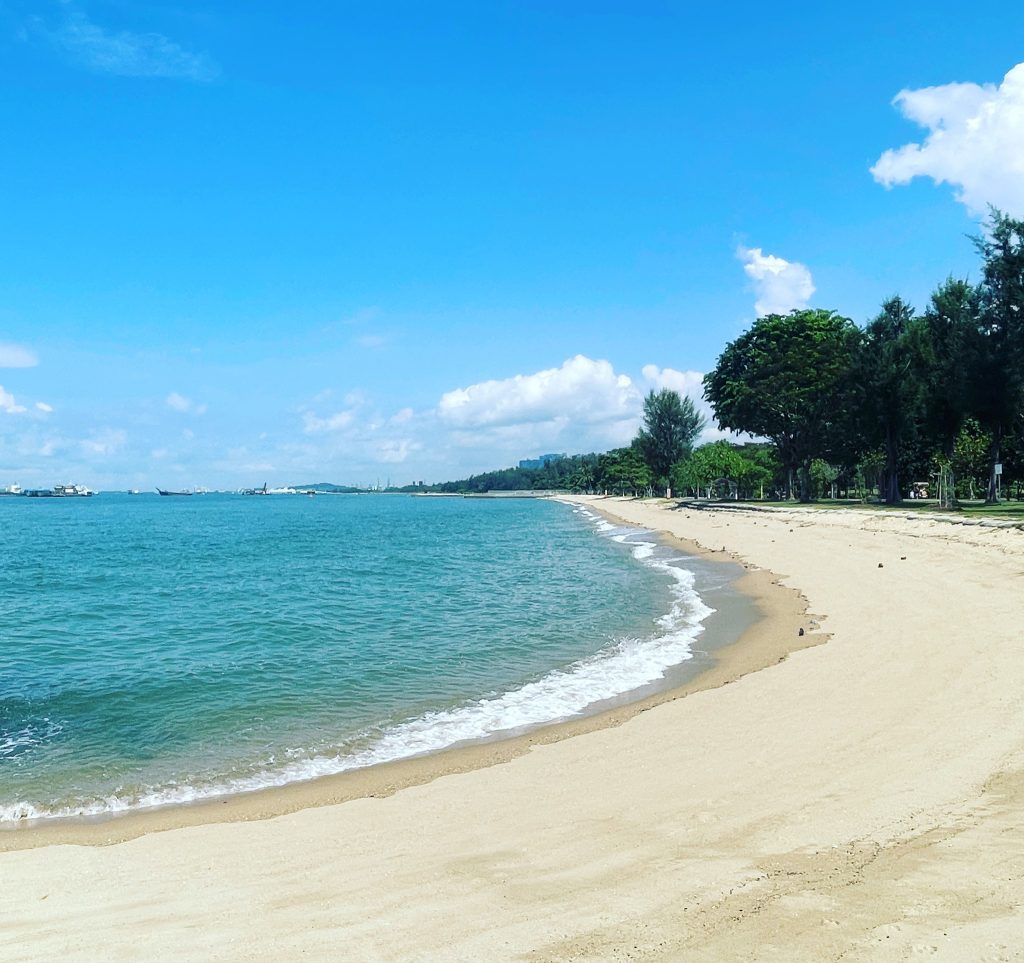
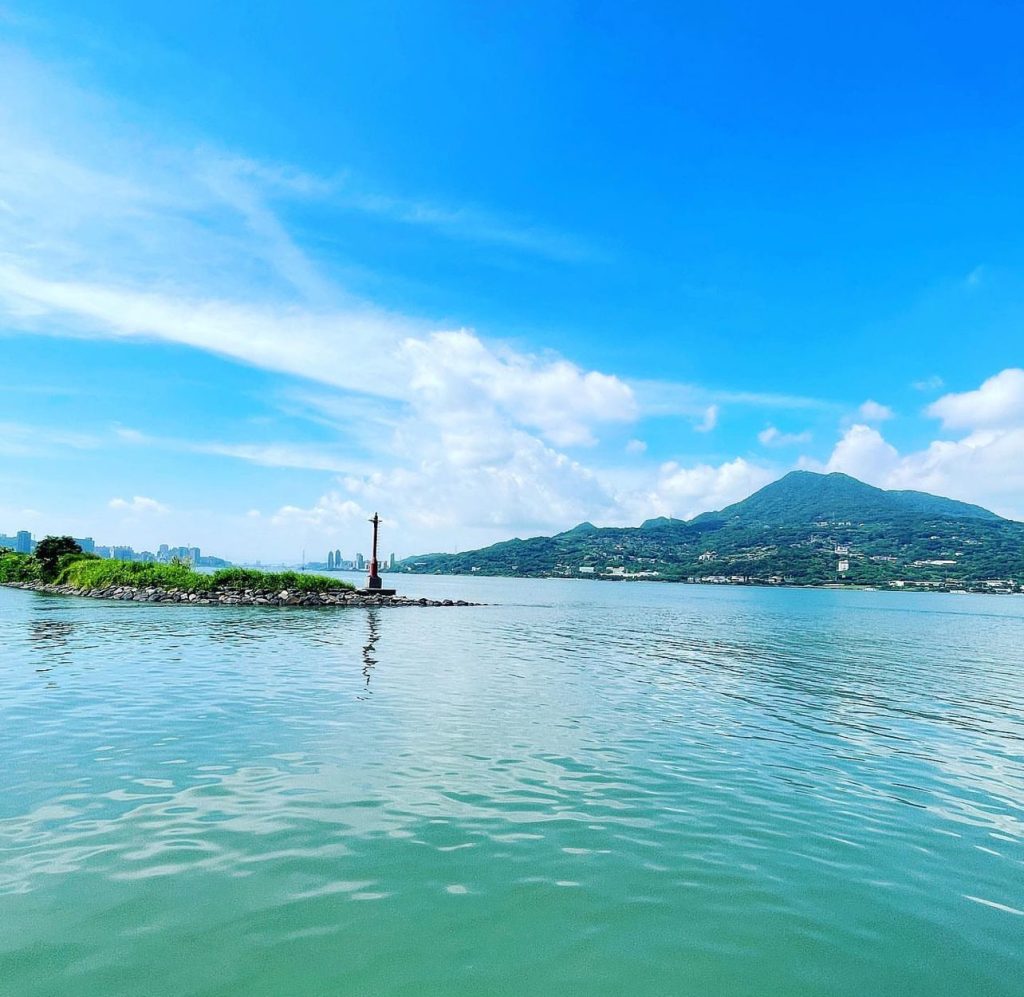

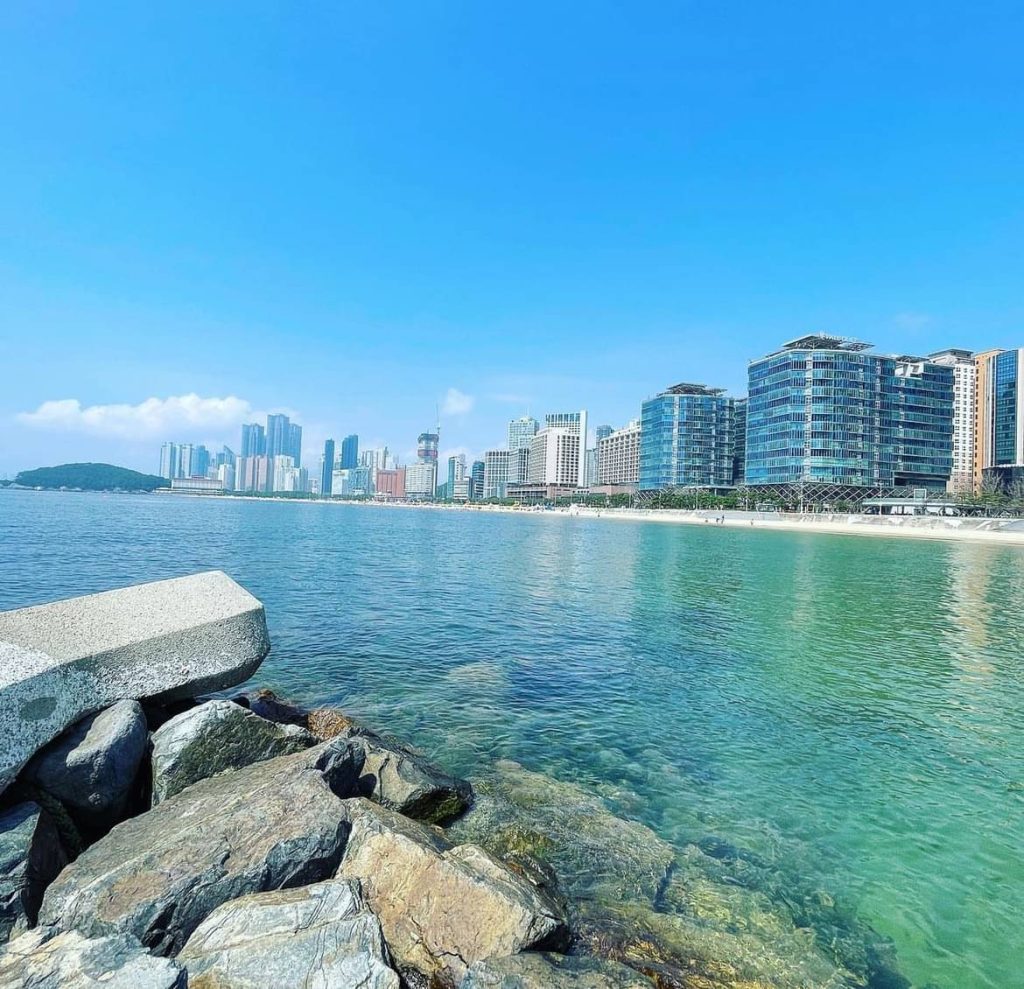

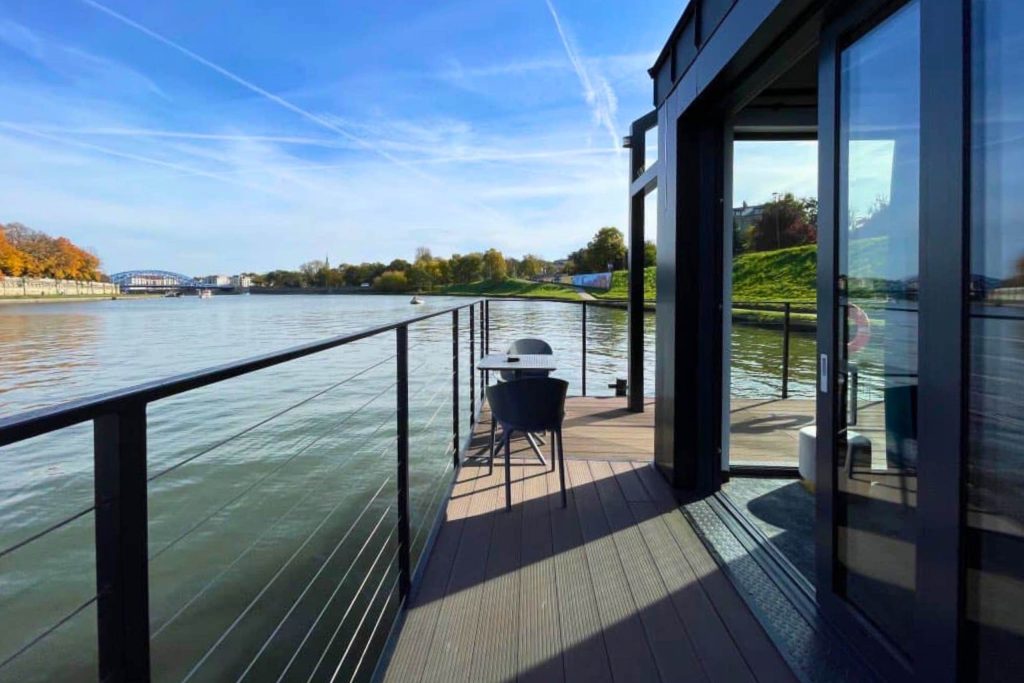
It Starts With a Quiet Decision
No one wakes up one morning and quits a secure, well-paid job and a routine they’ve known for years. It usually starts quietly, a nagging feeling. A “what if” that won’t go away.
I was stuck in my comfort zone, and for decades, I never considered my future. I remember one-day thinking, what if I left my job and traveled while working remotely?
Remember, this was pre-pandemic, so there weren’t as many remote job opportunities as you find today.
Today, I am writing this blog post in a coffee shop in Bangkok, Thailand, and this is precisely what I dreamed about. I wanted a life with more freedom and on my terms, not what society expects.
Honestly, I was fed up with the commute to the office, counting down to Friday, and living for the weekend. Enough was enough.
I realized I didn’t owe anyone an explanation for wanting more adventure, more freedom, or simply more life.
Assess What You Already Have
Before I started signing up for online courses, I paused. I realized I already had skills perfectly suited for remote work.
Decades in the workforce meant I’d built experience in communication, organization, problem-solving, and years of experience in various technical skills.
Those are gold in the remote world. I spent 24 years working in an IT environment, from quality assurance to software configuration, so these roles became a natural fit.
Consider what skills and experience you have built up over the last couple of decades and identify transferable ones online.
You might have worked for 12 years as a salesperson selling door-to-door, but this is now all done online. You might have been a PA for a CEO, but virtual assistants are now popular.
The point is that you don’t need to start from scratch. You just need to see your experience through a different lens.
Start Small, Start Safe
One of the biggest mistakes people make is thinking they have to quit their job first and then figure everything out. That’s a recipe for disaster, not freedom. Instead, I started small.
I picked up freelance projects in the evenings and on weekends.
I took online courses while still working my day job; being multi-skilled makes you more employable.
I gave myself a “runway” to test things out, build confidence, and grow income, which allowed me to pay off debt and save more.
One crucial task is highlighting the challenges you’ll face to safely quit your 9-to-5 office job and start the digital nomad lifestyle.
You will face many challenges, and tackling them in advance will make the leap feel less like jumping off a cliff and more like stepping onto a well-built path. Small steps gave me momentum.
The Financial Reality Check
Nobody likes to talk about money, but here we are. You need a financial cushion if you’re serious about quitting your 9-to-5 job to work remotely and travel. I cannot be more serious about this.
Living pay-day to pay-day as a digital nomad will make your life miserable. Struggling financially when traveling is the worst feeling in the world, as you wonder where your next payment comes from.
You want at least six months of living expenses saved before you leap, not just for emergencies but for peace of mind.
Ensure you have cleared all debt — loans, credit cards, everything. You must be debt-free. When working the 9-to-5, I was terrible at saving and had no savings.
When I started traveling to countries with a lower cost of living, my money stretched a lot further, which meant I could save and invest more money to make life more comfortable in the future.
Even then, things popped up: flights got canceled, laptops broke, and unexpected expenses happened. Financial security isn’t about fear; it’s about allowing you to enjoy your new lifestyle without worrying about the next salary payment.
Let’s Talk About the Fear
Fear will show up: fear of failure, fear of looking foolish, fear that you’re “too old” to do something so drastic. Loved ones and friends may also fuel this fear, doubting your decision.
This is normal. One way I handled it was to start visualizing the worst-case scenario and what I would do if it happened.
Lost a freelance client or remote job? I would find another one by reaching out to my network on LinkedIn. I would also have an emergency fund for this scenario, so I would not feel stressed or pressured to find a new client straightaway; I could take my time.
It might feel like the world is exploding around you, but keeping calm, level-headed, and thinking on your feet is the best way to deal with any challenges that come your way as a digital nomad.
To this day, I remember stepping off the plane after a 17-hour flight to Bangkok, Thailand. The heat and humidity hit me in the face, and the fear of the unknown hit me like a bullet train.
Taking a deep breath, I navigated through the airport, jumped into a taxi, and went to my apartment to start a new adventure in life!
You aren’t human if you don’t have any fear!
The Logistics of Letting Go
At some point, it was time to have “the conversation” at work. I didn’t announce that I was becoming a world-traveling digital nomad. I explained that I was moving into remote work and freelance opportunities that better aligned with my goals.
I gave plenty of notice and kept my relationships intact.
You never know when an old manager or colleague might become a future freelance client or reference for a remote job, so always leave a job on good terms.
Before I quit my 9-to-5 job, I was materialistic. I always wanted the latest gadgets, an 80″ LCD TV, a MacBook Pro with Apple display, an Italian leather sofa, and expensive clothes. None of these items mattered, and I sold them all to live a more minimalist life.
My goal was simple: to travel light. I bought a 46L Osprey Porter backpack and sold everything else. With the money, I purchased a laptop and some new clothes for hot weather. I also bought a camera, and that’s about all that I traveled with.
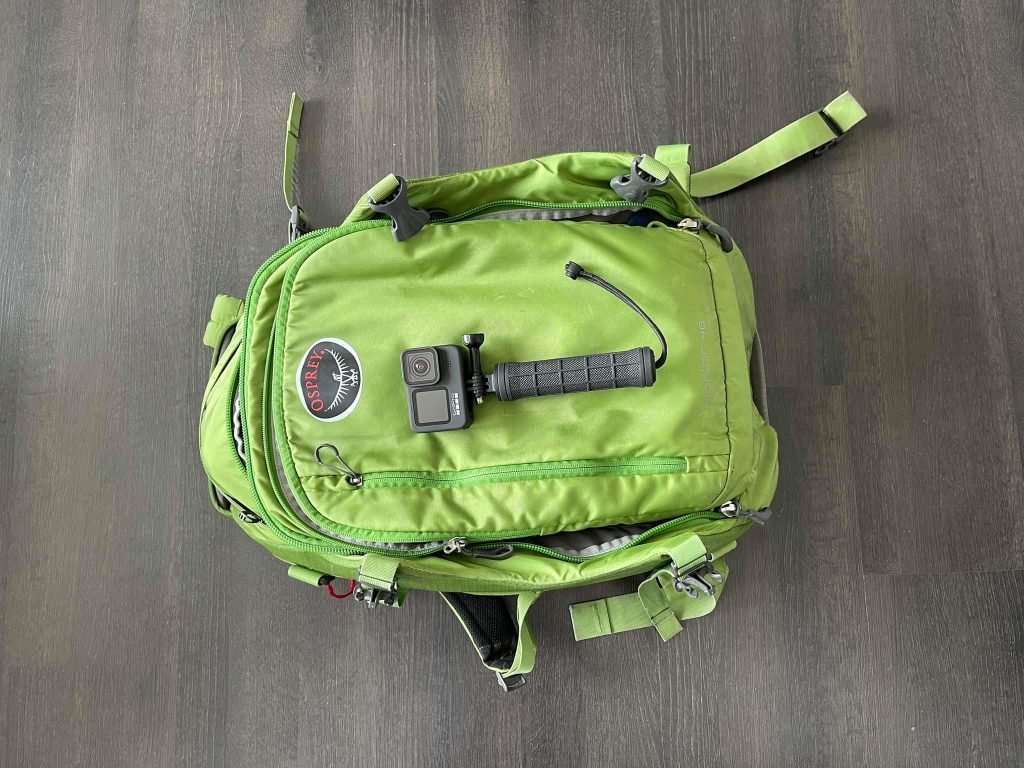
Selling everything was a very liberating feeling. It was the first time that I didn’t need all of this materialistic crap in my life, and as long as I had my laptop to work and clothes to wear, that’s all I needed.
Most of the time, we buy materialistic items to show our family and friends that we are doing well in life, but who cares?
Life as a Digital Nomad Isn’t a Vacation
Let’s be honest: Instagram makes it look like being a digital nomad means working on your laptop while sipping cocktails by the beach, and money magically appears in your bank account.
Being a digital nomad means you still have to work — you’re just choosing where (and often when) you work.
Some days, the Wi-Fi cut out during an important meeting. On other days, I missed the familiar faces of “home.” Some days, I wondered if I’d made a huge mistake.
Then, there were days I worked from a sun-drenched café opposite the ocean in Busan. One day, I flew over Sydney in a helicopter and hiked through the jungle on Borneo island.
Surprisingly, friends still ask me if I am enjoying my vacation ten years later! Sure, on Facebook, they see photos of landscapes, temples, markets, and beaches, but they do not know the work that goes on in the background to continue to live this lifestyle.
How to Quit Your 9-to-5 Job and Become a Digital Nomad
The world would have you believe that adventure belongs to the young. That’s a lie. Adventure belongs to the curious, courageous, and willing to step outside into something unknown.
At 50, I brought wisdom, resilience, and a depth of life experience that most 25-year-olds couldn’t match. I learned how to navigate change and handle setbacks and how precious time is.
The digital nomad life isn’t about trying to recreate youth. It’s about creating the best chapter of your life on your terms.
Quitting a 9-to-5 job and becoming a digital nomad after 50 isn’t just possible — it might be the best decision you ever make, but it starts with a single step: believing it’s not too late for you.
The question isn’t “Can you?”
The question is, “When will you start?”
I hope this blog post has helped you understand how to quit your 9-to-5 job and become a digital nomad. Good Luck!

